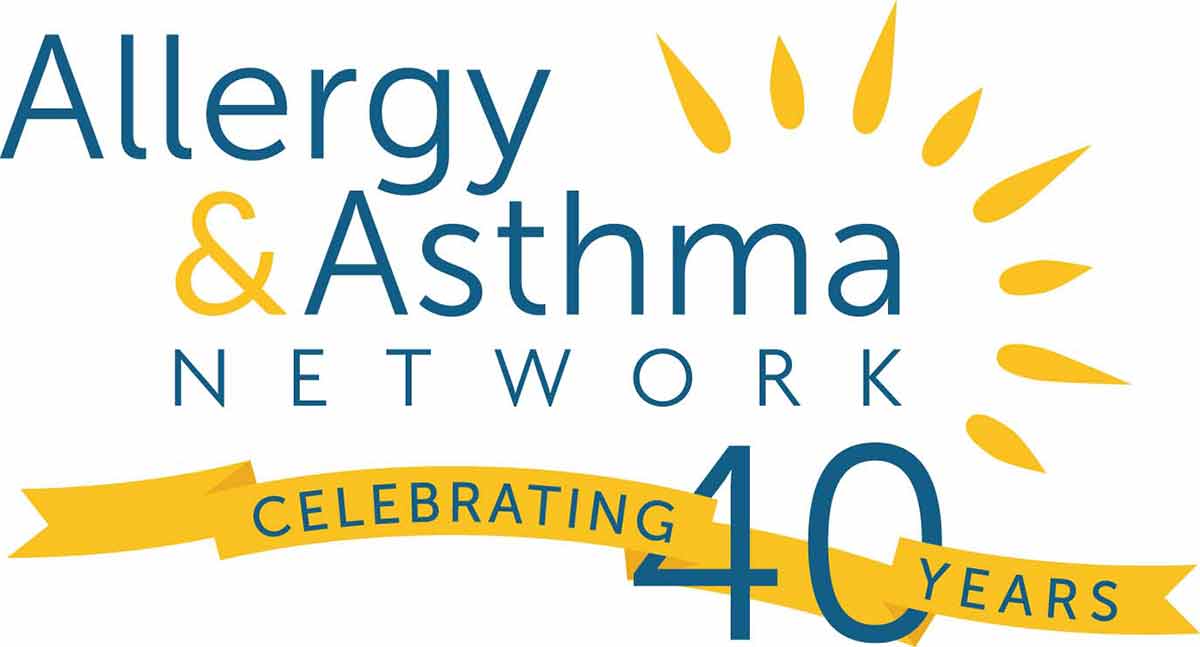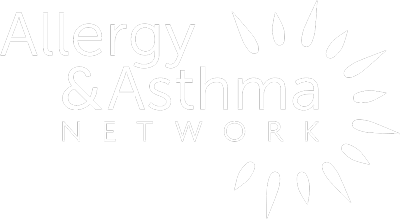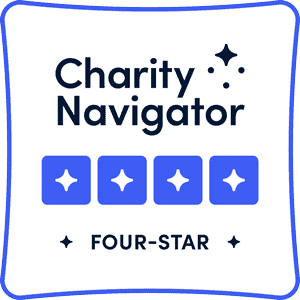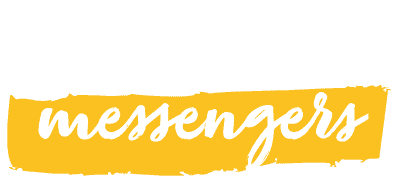Managing Food Allergies in Young Adults (Ages 18–21)
Our latest Allergy, Asthma & Immunology Innovations podcast is the final episode in our six-part Food Allergy Ages & Stages series. This episode, made in partnership with The Itch Podcast, addresses how to manage food allergies when transitioning to young adulthood.
Co-hosts Payel Gupta, MD, and Kortney are joined by board-certified allergist Theresa Bingemann, MD, to talk about the changes young adults must go through when managing food allergies on their own. You’ll hear tips about managing food allergies as you take on more responsibility, like living with roommates, eating out safely, adjusting to college life, and planning for allergy emergencies.
Plus, we talk about how to take care of your mental health while living with food allergies.
You can listen to the podcast on ItchPodcast.com or download it for listening anytime, anywhere, at:
Special thanks to Genentech, a member of the Roche Group, and Aquestive for sponsoring this podcast episode. The podcast is for informational purposes only and does not substitute professional medical advice. Any mention of brands is also informational and not an endorsement. Always consult with your healthcare provider for any medical questions or concerns.
How to manage food allergies as a young adult
Becoming more independent can be exciting, but it also means you are now in charge of your food allergies. Whether you are going to college, starting a job, or living on your own, it’s important to be prepared. This episode shares how to:
- Build confidence in speaking up about your food allergies with friends, roommates, and in new situations
- Set up a dorm room or shared apartment that keeps you safe (and keeps roommates happy)
- Handle parties, dating, and dining out without feeling left out or unsafe
- Take care of your emotional health and make mental well-being part of your allergy plan
- Understand health insurance basics and how to keep your prescriptions and doctor visits on track
Key takeaways for young adults with food allergies
The podcast offers strategies to help young adults transition to self-management of their health:
- Speak up: Tell friends, roommates, and new people about your allergies.
- Be prepared: Carry your epinephrine and practice using it.
- Make a safe space: Set up your kitchen and talk to roommates about being careful.
- Plan ahead: Bring your own safe snacks and drinks to parties. Have a buddy who can watch your back and help in an emergency.
- Know your health plan: In addition to knowing your Anaphylaxis Action Plan. Learn about health insurance, schedule doctor visits, and keep your medicine current.
Timestamps for podcast on young adults with food allergies
01:37 – Meet Dr. Theresa Bingemann
02:24 – Why food allergy care changes as you grow up
03:55 – How to talk about your allergies when living with others
06:36 – Getting ready for emergencies and teaching your friends
13:19 – Tips for sharing a kitchen safely
19:12 – What is a chef card and why it helps
23:14 – Learning to read food labels
26:49 – How to stay safe at parties and social events
33:00 – Taking care of your feelings and mental health
35:34 – Going to the doctor and using health insurance
39:18 – Final tips from our allergists
Resources for food allergy management in children and teens
- Food Allergy Overview
- Food Allergy Treatment & Management
- Living with Food Allergies Guide
- Mental Health and Living with Food Allergies
- Dating With Food Allergies: What You Need to Know
- Why Chef Cards are Important for People With Food Allergies
More podcasts in the Ages & Stages Series
- Early Introduction of Food Allergens
- Food Allergy Basics for All Ages
- Managing Food Allergies from Baby to Preschool (Ages 0–5)
- Managing Food Allergies in Children (Ages 5-11)
- Managing Food Allergies in Teens (Ages 12-18)
AAAAI Ages & Stages PDFs
